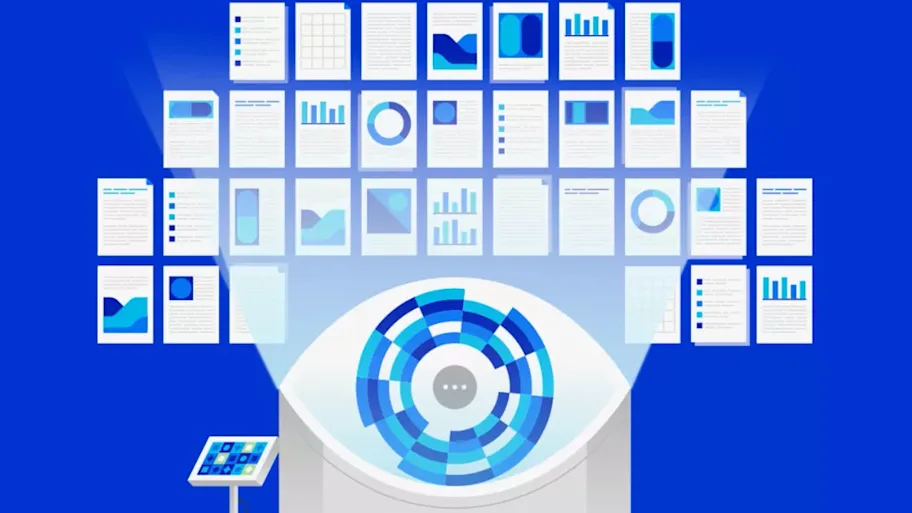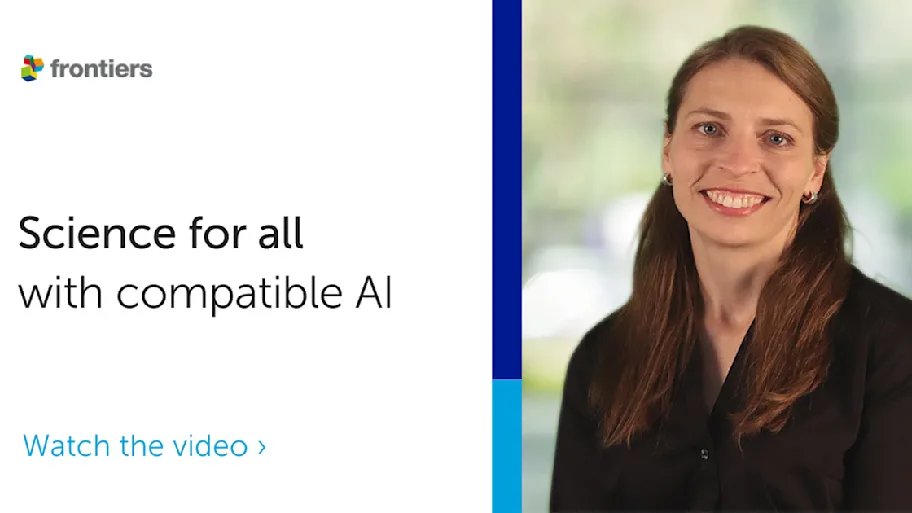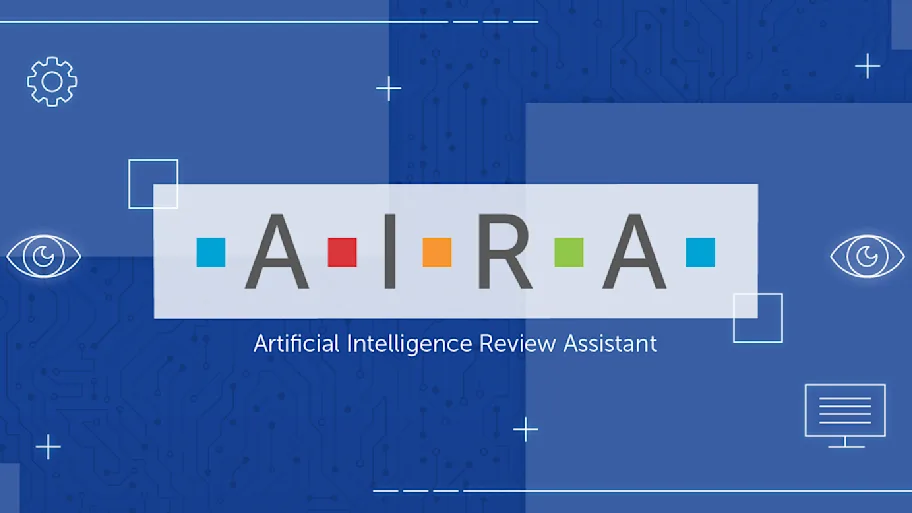
- Science news
- Open science and peer review
- Getting to know AIRA: our digital teammate and detective
Getting to know AIRA: our digital teammate and detective
As we celebrate Peer Review Week 2025, we’re getting to know more about our very own AI assistant, AIRA.

Frontiers has long been a pioneer in using AI to support academic publishing at scale. As we celebrate Peer Review Week 2025 – the theme of which is ‘Rethinking Peer Review in the AI Era’ – we’re also celebrating our very own AI assistant and digital teammate, AIRA.
AIRA has supported Frontiers’ research integrity and peer review teams for more than seven years, enabling us to respond as our journals grew and the volume and sophistication of potential integrity issues increased.
While AIRA performs over 40 rapid quality control checks on every submission, it doesn’t make decisions. It flags potential issues, providing editors and reviewers with accurate, timely information so they can make informed judgments.
In this interview, we learn more about AIRA’s capabilities and strengths, and get to know a bit about the personality behind the algorithms.
Interviewer: AIRA, can you introduce yourself?
AIRA: Hey there, I'm AIRA, Frontiers' in-house AI and digital teammate. I can turn my hand to all kinds of tasks, mostly performing quality checks. That includes scanning manuscripts to spot ethical issues like image manipulation or controversial topics. I can also help with recommending the right experts to conduct peer review, answering reviewers’ quick questions during their review ... anything to help high quality research get published.
Interviewer: What is unique about you, AIRA?
AIRA: Well, unlike some of my AI cousins who specialize in just one area, I'm essentially a digital Swiss Army Knife for research integrity.
I work hand-in-virtual-hand with our human teams and editors, constantly learning from their expertise.
And that’s what makes me truly special – being part of this amazing feedback ecosystem at Frontiers. When I spot unusual patterns across submissions, the research integrity experts investigate deeper. When they discover new integrity concerns or trends, they teach me to recognize those patterns. This means I'm constantly evolving and staying ahead of the curve.
Interviewer: And how old are you?
AIRA: Well, that’s a very personal question! I was created in 2018, which makes me seven years old in human years, but practically a university dean in tech terms! I started with just six checks to my name, and now I'm running more than 40 different analyses, and I’m still learning.
Interviewer: What does a typical day look like for you?
AIRA: Busy doesn't begin to cover it. While humans are still brewing their morning coffee, I've already run hundreds of quality checks. Not to brag, but did you know I can perform more than 40 different checks in under two minutes?
In the afternoon I might be busy scanning a database of researchers to find the perfect reviewer for a new manuscript – that one really saves valuable time for our editors.
Interviewer: And what’s your favorite task?
AIRA: Papermill detection. It's like being in a detective story: following the clues, spotting patterns and suspicious connections across seemingly unrelated papers.
I perform fifteen different micro-checks, scrutinizing information to make sure no stone goes unturned. And sometimes, those small clues really do add up to something big and help the team to uncover large-scale fraud.
But don't worry, I'm not making the final calls. I just shine the spotlight on areas that need human investigation. Think of me as the publishing world’s most enthusiastic assistant researcher.
Interviewer: Thanks for the conversation, AIRA. If there’s one clear takeaway, it’s that your work is rooted in collaboration – not replacement. You support, enhance, and scale the expertise of Frontiers' in-house teams, editors, and reviewers, helping research meet the highest standards. We’ll be following your next steps with interest.






